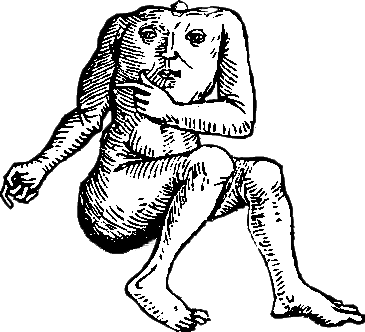Why handcrafted books?
In a day and age where the production of books (whether they be digital or physical) has never been easier, we are afraid something is being lost in the process. Our attention is being scattered and overwhelmed by the potential for instant gratification, but it is for the slow-simmering processes and development of the art of publishing, of literature, and of design that we long desire.
Devoted to the cultivation of stories and to uncover the strings, showing the connections that bind us all, we create homespun art objects that play with and challenge structures and forms. It is this call that inspired our decision to handcraft editions, a reminder to readers of the processes of construction and to create more intimate objects that do not just transfer information but also serve as bridges sharing their own stories while offering a deeper understanding of the ones they carry.
Where are we and from where have we come?
An artist's project in the medium of publishing, we are drawing blueprints for alternative, sustainable forms in literature and publishing—through word, design, and business model.
In a moment packed to the gills with information, we cannot seem to subdue this nagging anxiety of the unknown. We crave more information but without the means to digest it. The corporatization of publishing in its current form is only a stopgap to this world in flux while we come to terms with our digital lives. But it does not address a basic need, what is essential, what is fundamental to our books, the stories we tell, and the roles of critics, booksellers, and publishers alike—it is to give books a context, to share, challenge, and juxtapose their ideas, to analyze, reflect, and connect them to our times and ourselves. Our greater literary culture is a giant community, interconnected, and we are all bridges and tunnels.
In 1494 Venice, Aldo Manuzio (Aldus Manutius) started Aldine Press, the prototype for modern publishing. Roberto Calasso describes Manuzio and his Press as “the first to imagine a publishing house in terms of form. And here the word form has to be interpreted in many different ways. Form is crucial, first of all, in the choice and sequence of titles to be published. But form also relates to the texts that accompany the books, as well as the way in which the books are presented as objects.” As Aldine Press, so too do we.
Is Literaturhaus open to submissions?
We are always happy to hear proposals. Send an email with a sample/proposal of no more than 250 words to read@literaturha.us with the “Submission” in the subject line.

